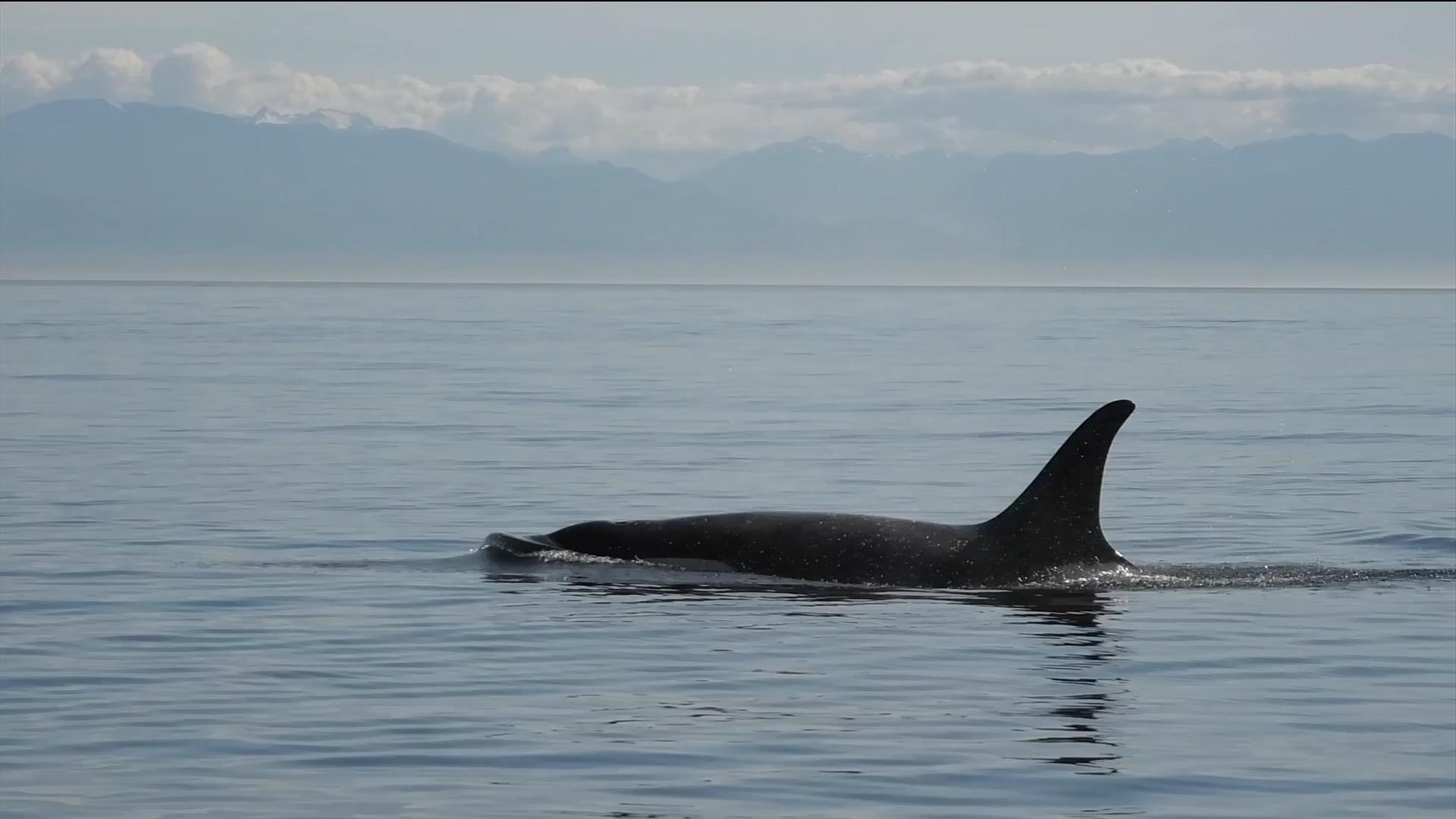
WATCH: Scientists are hoping to save two ailing southern resident killer whales but the U.S. government body that has jurisdiction over the 75 endangered residents is on furlough. April Lawrence reports.
When scientists spotted J pod near Cadboro Bay on Dec. 31, the news wasn’t good. J17, a 47-year-old female, was starving and another southern resident, 27-year-old male K25, was also too skinny.
But efforts to try and save them have hit an unusual roadblock — the U.S. government shut down means a key player, the National Oceanic and Atmospheric Administration (NOAA), is out of the picture.
“They have a lot of experts a lot of biologists as well as veterinarians that work in the federal stranding program that are valuable resources to us. They also have boats, drones, drone operators,” said Vancouver Aquarium Head Veterinarian Dr. Martin Haulena who is involved in efforts to save the orcas.
But perhaps even more importantly, NOAA provides the permits needed for any potential interventions.
When J50 was starving to death last summer, NOAA lead unprecedented efforts to save her including feeding her live Chinook salmon through a tube and darting her with antibiotics. It didn’t work and the young orca died but scientists say that doesn’t mean we shouldn’t try again.
“We’ve reached the point where this group is listed as endangered and as with other endangered species we have to try things we ordinarily wouldn’t consider,” said Victoria-based biologist Dr. Anna Hall.
Without NOAA available to help, scientists from both sides of the border held an emergency meeting Tuesday and discovered they could use two existing permits to at least do some basic fecal and blowhole testing on the two ailing killer whales.
“Keep the process moving forward even while the federal government, unfortunately, is on furlough,” said Haulena.
That work will take place as soon as they can find the orcas — at this time of year they are typically out in the open ocean, and even then, rough weather could make the testing difficult.





